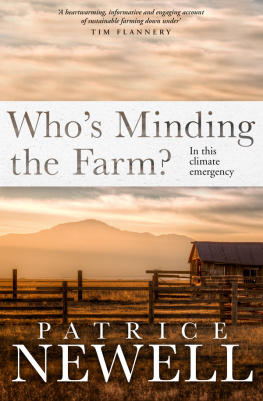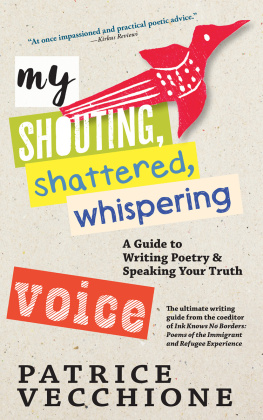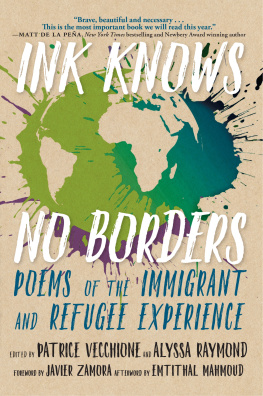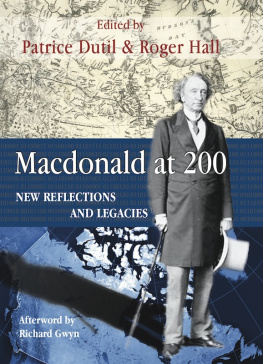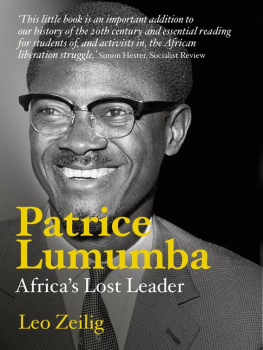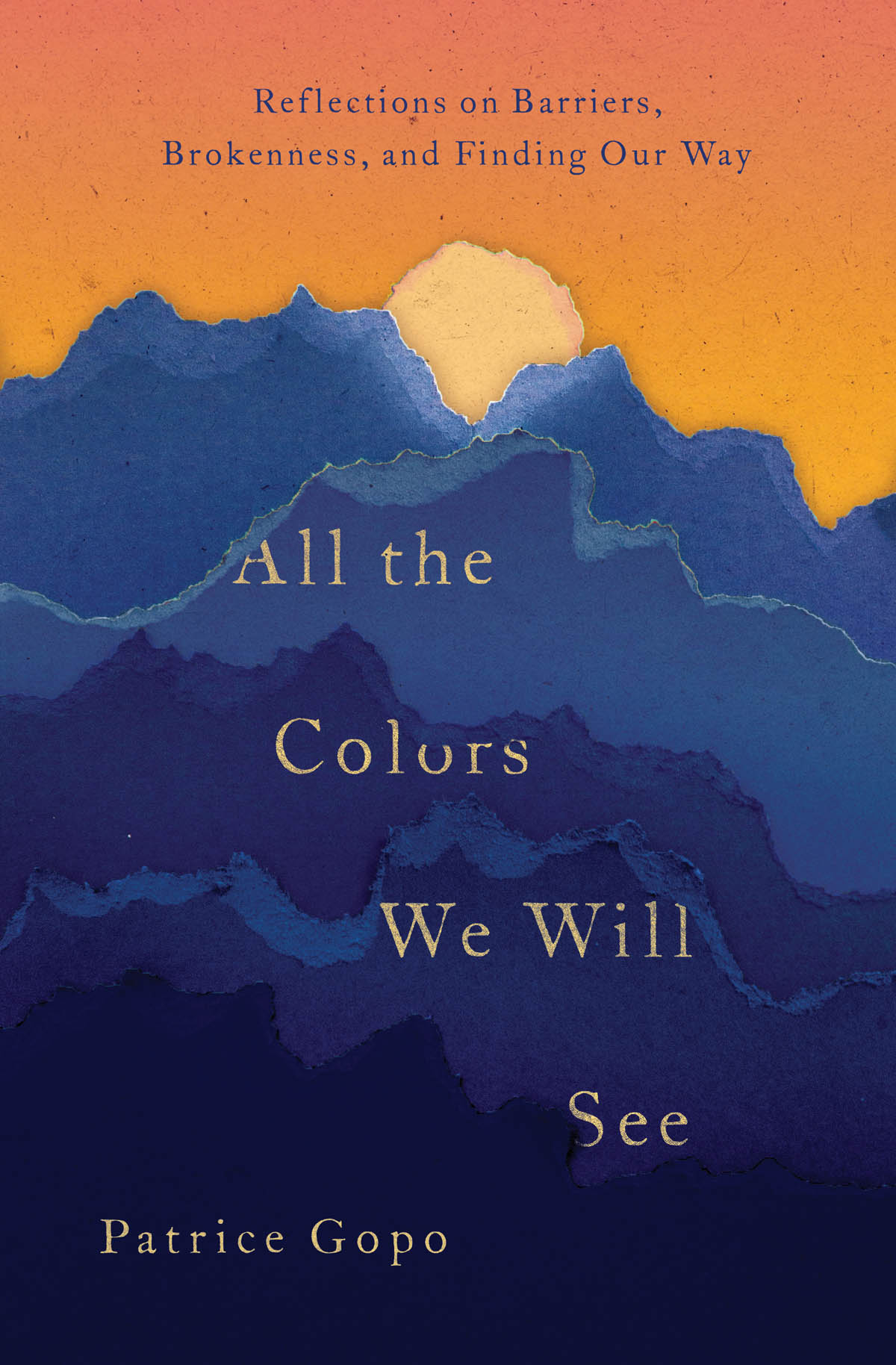Contents
Guide
You hem me in behind and before.
PSALM 139:5
My frame was not hidden from you
when I was made in the secret place,
when I was woven together in the depths of the earth.
Your eyes saw my unformed body;
all the days ordained for me were written in your book
before one of them came to be.
PSALM 139:1516
If I rise on the wings of the dawn,
if I settle on the far side of the sea,
even there your hand will guide me,
your right hand will hold me fast.
PSALM 139:910
B efore I began to read the Bible for myself, I spent many hours of my childhood curled up on the pale silver carpet of my bedroom floor, listening to a cassette player. A gentle, raspy voice told stories from the book of Genesis and spoke of worlds so far from my Alaskan home. Stories of the aftermath of creation; stories of Abram and Sarai and their journey to Canaan, of their becoming Abraham and Sarah, of Gods promise that theyd have a child. I closed my eyes and imagined the woman telling the stories must look like a grandmother. If shed been part of my church, shed have sat in a padded rocking chair, a circle of children leaning in to listen.
While the tape deck whirled, I envisioned a great desert that reached a dark horizon dusted with shimmering stars. Camels lumbered and smelled of manure and hay. Herds of sheep bleated in the distance. I crafted tents from animal skinsso different from the tent my family used when camping beyond the outskirts of Anchorage, the backdrop of mountains climbing toward heaven, shrouded much of the year in a sheet of snow.
My mothers voice sometimes broke through the recordingher request that I set the dinner table and her reminder that my father would be home from work soon. Its almost finished, I would say quick enough not to miss more than a word. My mother had bought me the cassettes, and I knew she encouraged these stories of our familys faith and beliefs.
Look toward the heavens, and count the stars, God said and directed Abrams head upward. God promised descendants more numerous than the stars in the sky. So Abram left his people and his fathers household. He journeyed to a land that God revealed.
My parents had mimicked Abram and Sarai. Theyd left their people and their households. Theyd journeyed far from Jamaica and their particular view of the heavens. Theyd settled in Anchorage beneath the great North Star.
God called Abram, but the military brought my father to Alaska. He emigrated from Kingston and stopped for a few years in New York City before the army mailed him a draft notice and sent him to Anchorage. Leave your family and the beginnings of your new American life. Leave all that behind and go. Several years later my motherwhom my father knew from Jamaicaleft her family and also moved north to Alaska.
Sometimes bits of Jamaica traveled in boxes to our Alaskan home, a variety of items my grandmother, father, or mother collected on trips to visit relatives in New York or Florida, places where Jamaicans often moved, built specialty grocery stores, and created new lives. My family filled cardboard boxes and increased their checked luggage on the return trip to Anchorage. And in our kitchen, after wed hugged at the airport and heaved suitcases and boxes from the trunk of the car, my father sliced through brown packing tape with one quick motion, filling the room with the dry-ink scent of old newsprint. My sister and I had to wait a moment longer while my mother removed the contents wrapped in crumpled newspapers. I looked past the stories and articles from faraway places to the bounty of Jamaican curry powder, jerk seasoning, tamarind balls, beef patties, and other staples and treats. All impossible to find in Alaska.
My mother, father, and sister stacked cans of Jamaicas national fruit, ackee, on the counter and talked of heating beef patties for the next meal. I looked for the tamarind balls since they were always for me. Their tangy flavor held little appeal for the rest of my family. The sour, dried fruit dusted with sugar created a sensation in my mouth reminiscent of the steam that results when water drenches a campfiretwo distinct flavors coexisting in one unique form.
My familys presence in Alaska was a mixture of flavors too. Jamaican roots and an American life. While my parents adapted to mountain hikes in the frosty air and summers spent fishing for salmon, our home often featured the customs and foods from the early years of their livesthe years when they first met each other in the breezy, salt-scented air of their island home. As we lived the multifaceted existence of Jamaican American, we were tamarind ballsnot fully one flavor, not fully another, but two distinct parts coexisting in my familys unique form.
Each Sunday morning my mother brushed and combed my hair back into two braids. She slid rosettes of homemade hair bows against my scalp, and sometimes she tied satin ribbons around the base of each braid. My wide-hemmed dress billowed with the passing breeze, and I joined the other children in the Sunday school circle, my legs crossed in front of me and my mouth opened in familiar song.
Jesus loves the little children,
All the children of the world.
Red and yellow, black and white,
They are precious in his sight.
My sister and I, the little black girls in the groupwe were both precious in Gods sight. Precious in the sight of an unseen God who welcomed me into a circle much greater than the one I sat in each week, an unseen God who saw my differences as ordinary, an unseen God who created me.
Even as I sat with my brown skin distinct from the pale faces of others, this song made me part of the group and part of this faith. There on that giant peninsula that protruded off of the North American continent, there in that frigid place where my family found few black people like us and even fewer Jamaicans, there in that land of feathered ptarmigans and delicate forget-me-nots, I laced my hands with the hands of other children on either side. I bowed my head, closed my eyes, and prayed.
Several years in the future, in the basement of my tiny Baptist church, my Sunday school teacher told the class about the missionary Hudson Taylor. He left his family and traveled across the world to share Jesus with other people, she said by way of introduction. She stood near the piano and lifted a large spiral-bound book high enough for all the children to see. I stared at an illustration printed in black and white with highlights of blue. Chinese people surrounded the Englishman depicted with a coarse, raggedy beard. I waited with a certain eagerness to hear my teacher read from the script on the back of the picture. Hudson Taylor left his home. On other Sundays I heard how Amy Carmichael or David Livingstone left their homes too.
The children seated around me on the metal folding chairsperhaps they thought of these Western missionaries and the homes and families they gave up because they heard God call them to China, India, and portions of the African continent. I, though, looked at the pictures of Chinese people and Indian people and black people, too, and thought of the spinning globe. Out there, across boundaries and borders, oceans and continents, existed places to live filled with people of darker hues.
And when my parents gave me an adult Bible engraved with my name for my eleventh birthday, I sat through the church service with the pages opened to the maps of the ancient world. I took my index finger and touched the possible location of Abrams Ur. I traced a path across Arabia and searched for Canaan and crossed over the Red Sea. At times my gaze paused at the scene beyond the sanctuary windowsthe great spruce and slender birch trees, the mountains I knew existed in the distance beyond my current line of sight. Then I turned back to the front, raised my eyes above the heads of the people seated in their pews, and read the words on the Communion table fixed at the front of the sanctuary:




